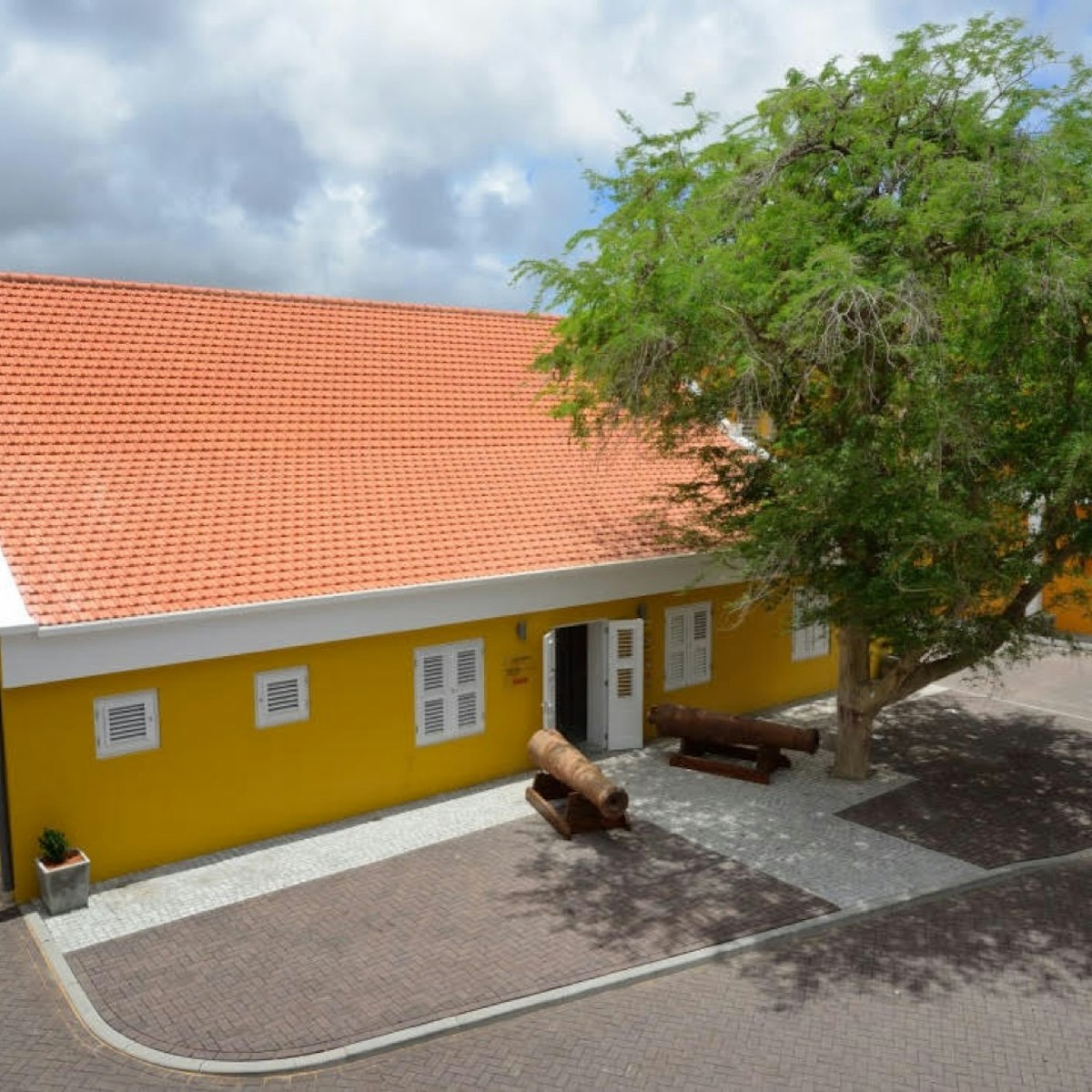Along the coast you will see the legacy of a vile chapter in Bonaire’s past. The dwarf-size stone huts were built in the mid-19th century as residences for the enslaved people who worked in the salt mines. The slaves' permanent homes (and families) were in Rincon, so every Friday afternoon they would take a 10-hour hike to the other end of the island to spend a day at home, returning on Sunday to their arduous work.
Lonely Planet's must-see attractions

6.47 MILES
Bonaire National Marine Park is the island's star attraction, a unique and precious resource that allows divers and snorkelers to explore miles of…

Washington-Slagbaai National Park
11.69 MILES
Comprising almost 20% of the island's area, this vast desert landscape is a fantastic place to explore on foot, by bike or by car (preferably 4WD). Stop…

3.17 MILES
About 1km off the coast of Kralendijk, this little deserted island is where you'll find the region's most attractive beach: No Name Beach. There are no…

3.1 MILES
This small museum provides an overview of the history and archaeology of Bonaire. There's an assortment of artifacts, accompanied by audio clips that put…

9.33 MILES
Drinking a cactus sounds like a prickly affair, but it's not as scary as it sounds. Pay a visit to this small-scale distillery to see how the prickly…

9.97 MILES
Bonaire's most beloved bird is the yellow-throated Amazon parrot, but the loquacious lora (as she is locally known) is threatened with extinction: there…

25.11 MILES
Remember the one book/song/food/friend you would bring if you were going to be stuck on a desert island? That'll come in handy when you take a trip to…

9.53 MILES
Located about 1.5km east of Rincon, the second-oldest stone building on Bonaire used to be a storehouse. Every week, enslaved people made the arduous 10…
Nearby Bonaire attractions
1.75 MILES
Ever feel like you're surrounded by jackasses? You will in Bonaire, because the animals live free and wild on the island. The vast Donkey Sanctuary offers…
1.97 MILES
Near the airport, this beach is a local favorite for its shade trees and fine white sand, which allows easy access to the reef just offshore. It's also…
2.98 MILES
Follow the cannons south along the waterfront to a small bastion that was built by the Dutch in 1639 and served as the governor's mansion until 1837. The…
3.1 MILES
This small museum provides an overview of the history and archaeology of Bonaire. There's an assortment of artifacts, accompanied by audio clips that put…
3.17 MILES
About 1km off the coast of Kralendijk, this little deserted island is where you'll find the region's most attractive beach: No Name Beach. There are no…
6.03 MILES
These stone huts served as shelter for the enslaved people who worked the salt pans in the 19th century. The four different-colored 10m pyramids along the…
7. Bonaire National Marine Park
6.47 MILES
Bonaire National Marine Park is the island's star attraction, a unique and precious resource that allows divers and snorkelers to explore miles of…
7.19 MILES
If you've ever wondered what it takes to operate an organic, solar-powered goat farm, here's your chance to find out. Aletta opens her barn to visitors so…






